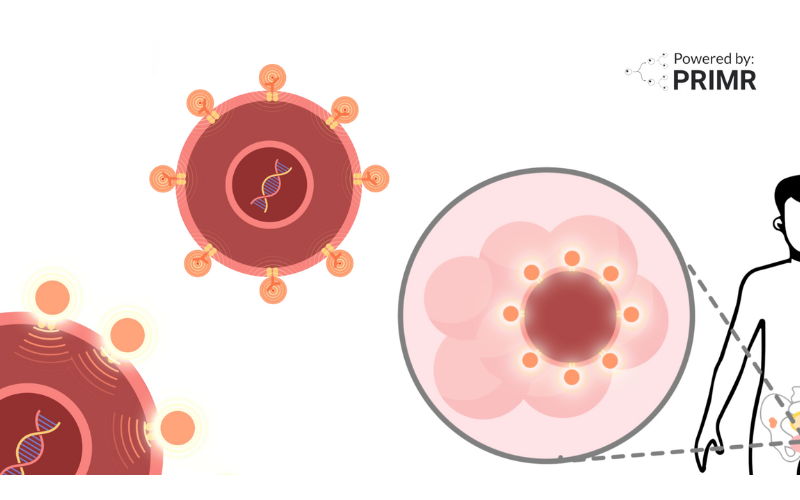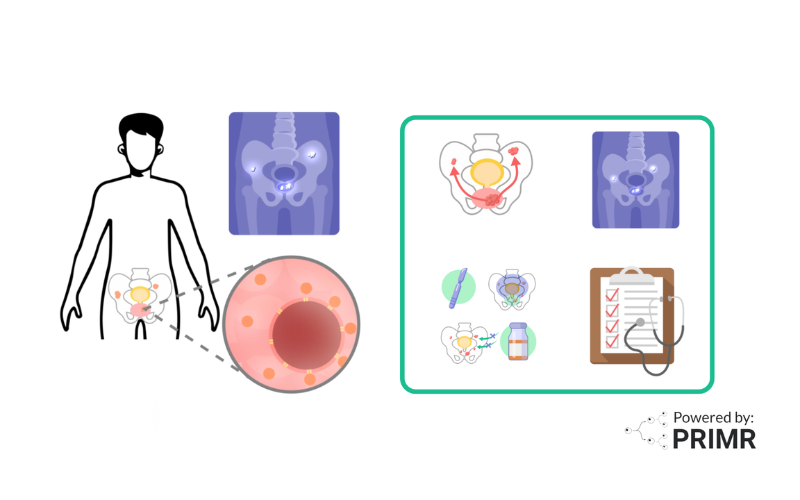PRIMR and Clinical Trials

By: David Grew MD MPH
PRIMR's videos help patients understand what clinical trials are, how they work, and what their participation would involve.
∗ ∗ ∗
Clinical trials are an essential component of cancer research, but the slow pace of patient recruitment is a persistent challenge. This issue is often attributed to a shortage of research staff and inadequate funding, which results in delays and can lead to the cancellation of trials altogether.
The need for effective cancer treatments is urgent. In the United States alone, more than 600,000 people die from cancer every year. Clinical trials are the innovative engine that drives new treatments and cures. Treatments tested in clinical trials can extend and improve the lives of cancer patients.
Clinical trials aim to find treatments that are either more effective or have fewer side effects, or both. The impact of clinical trials on cancer treatment cannot be overstated. Breakthroughs in cancer treatments like targeted therapies, immunotherapy, and precision medicine have all resulted from clinical trials.
For example, in the 1990s, clinical trials for the drug Herceptin showed that it could reduce the risk of recurrence by 50% in women with HER2-positive breast cancer. This discovery led to the development of targeted therapies that are now used to treat a range of cancers.
Similarly, clinical trials for checkpoint inhibitors, a type of immunotherapy, have revolutionized cancer treatment. These drugs help the immune system recognize and attack cancer cells, leading to remarkable responses in patients with previously untreatable cancers like melanoma and lung cancer.
Despite the importance of clinical trials, patient recruitment remains a significant challenge. At PRIMR we’re helping to address this issue by creating videos that explain complex trials at a patient level with simple visuals and lay narration.
PRIMR's videos help patients understand what clinical trials are, how they work, and what their participation would involve. By making this information accessible and easy to understand, PRIMR is helping to improve patient recruitment for clinical trials and increase diversity and inclusion in cancer research.
In addition to creating videos in English, PRIMR also produces videos in other languages to reach diverse patient populations. By providing educational resources in different languages, PRIMR is helping to ensure that all patients have the information they need to make informed decisions about their participation in clinical trials.
To wrap up, patient recruitment is a crucial issue for cancer clinical trials. But with the help of innovative companies like PRIMR, we can overcome these challenges and continue to make progress in the fight against cancer. Clinical trials have led to some of the most significant breakthroughs in cancer treatment, and we must continue to prioritize and support these essential efforts.
Other Posts

Nuclear Medicine: PSMA Treatment Explained from a Doctor’s Perspective

Nuclear Medicine: PSMA Imaging and Its Impact on Prostate Cancer Care
